Janken Disk Shiro
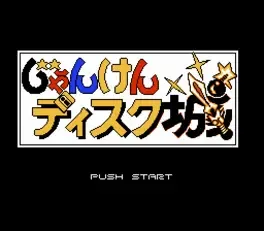
Buy
Part of collection:
Famimaga Disk
(last 3 games)

The sixth and final game featured as the coverdisk of the Japanese Famimaga magazine. Janken Disk Shiro is a block-pushing puzzle game based on the playground game Janken (Rock, Paper, Scissors). Janken Disk Shiro, or Famimaga Disk Vol. 6 Janken Disk Shiro, is a puzzle game in which the protagonist (who looks uncannily like Disk-kun, the mascot of the Famicom Disk System) must brave a labyrinth of puzzles. In each room there are three variants of hand-shaped blocks between the hero and the exit: each one either making the "scissors" gesture, the "rock" gesture or the "paper" gesture. Pushing a block adjacent to another of a different type causes whichever was the inferior (e.g. with paper and rock, rock is the inferior) to vanish. In addition, each block has a "strength" which is signified by its color: green is level 1, yellow is level 2 and red is level 3. If a green block is pushed next to an inferior red block, the red block will instead become yellow instead of vanishing (and then green with a subsequent superior block, and then will vanish after a third). Gameplay revolves around finding the right blocks to push together to clear a way to the exit. Not every block needs to be eliminated: just those that are direct obstacles between the player and the end of the stage. The game adopts a familiar veneer of the typical 8-bit fantasy RPG: The player starts in a small town in which they can talk to NPCs and purchase power-ups, they can visit the King in his castle to begin their quest and they can visit the dungeons in which the puzzles are found (after receiving permission from the King). Janken Disk Shiro has the distinction of being the very last game ever produced for the Famicom Disk System. The peripheral had been effectively retired by the 90s due to advancements in NES cart technology.
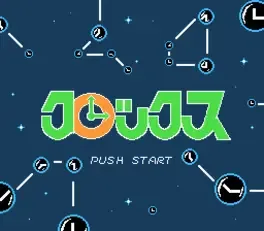
The fourth game featured as a coverdisk on the Japanese magazine Famimaga, Clocks is a Tetris variant in which clock faces must be placed together form larger shapes. Clocks, or Famimaga Disk Vol. 4 Clocks (and occasionally as "Clox"), is a falling blocks puzzle game that is superficially similar to Tetris or Columns. Single clock faces depicting one of four angles fall from the top and the player needs to manipulate and place them so they can form larger objects, such as simple formations like squares, diamonds and hourglass shapes to more object-intensive shapes like octagons and hexagons. The four angles include 180 degree lines ("12:30"), 90 degree lines ("12:15"), 135 degree lines ("~12:22") and 45 degree lines ("~12:07"). Once a clock face is placed, the lines from it extend to connect to any other lines that surround it. Placing lines in such a way that it forms a shape - for example, placing four 90 degree clocks in such a way to form a square - earns the player points and removes the clocks used to form the shape. Larger shapes are more risky but earn more points. The player is given some leeway to recover from mistakes: should the player hold the down button to make a clock fall faster, it'll destroy any clocks underneath. A misplacement, therefore, can be rectified with a correctly positioned clock if it falls quickly enough to crush the offending clock. However, the player can only do this a limited number of times per stage.
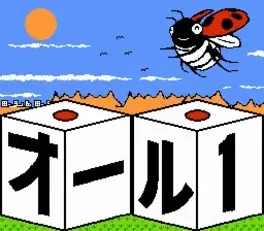
The third game to be released as a coverdisk for the Japanese Famimaga magazine. All One is a block-pushing puzzle game in which every die must have their "one" side facing upwards. All One, or Famimaga Disk Vol. 3 All One, is a puzzle game in which the player controls a ladybug pushing over dice. The goal of each stage is to push all the dice onto their side so that their "one" side is facing upwards. The player is given a smaller first-person view window from the ladybug's perspective to allow them to see the sides of each die and plan out their strategy. As with other block-pushing puzzle games, the game becomes similar to Sokoban or Adventures of Lolo in its complexity as it progresses: there is often only a few (or just one) paths to successfully solving a stage and the player will need to restart if they make a mistake.
Could be interesting
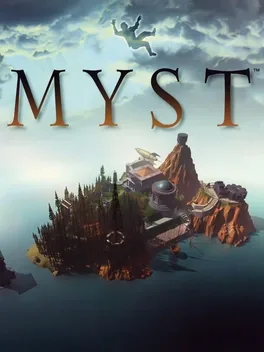
A mystical journey through worlds that changed the concept of an adventure game. Lose yourself in fantastic virtual exploration, blurring the line between fantasy and reality, challenging your wits, instincts, and powers of observation like never before. The fantasy beckons... can you resist its call?
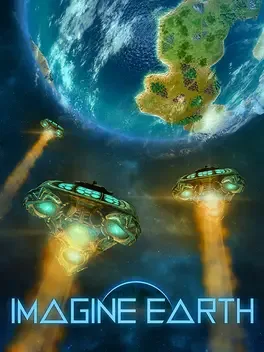
In Imagine Earth, players must protect and nurture a fledgeling space colony while wrestling against the forces of corporate greed and climate change. Establish trade, research new technologies, form alliances and wage economic warfare in a real-time battle for galactic survival. Features: Boldly Go: Imagine Earth is a real-time planet simulation and a build up strategy game. Your job as a space colony manager is to explore distant planets, build up profitable colonies, and trade resources into space. Many ways to play: A multi-planet story campaign, ‘competition’ mode with five enemy factions, ‘free play mode with endless procedurally generated challenges, and a Planet Editor with custom building and terraforming. Hold the line: Use tower defence mechanics to protect your colony from invading aliens, marauding space pirates, and swarms of locusts. Hostile takeover: Form alliances with other colonies and intergalactic traders, or wage crafty economic warfare to secure total financial dominance for your planet. Carbon footprint: Earth has been destroyed by an ecological collapse - will your new home go the same way? Keep your worldwide emissions to a minimum, or else suffer rising sea levels, freak weather events, and more.
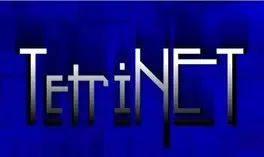
TetriNET is a multiplayer online Tetris game for up to six people, developed by St0rmCat in 1997 that supports team play. The last official version is 1.13. The game was originally developed for Windows and was later ported to other systems. St0rmCat released TetriNET 2 in 2000, which features improved graphics, more types of special blocks, additional features (such as hold piece and block shadows), and a master server.
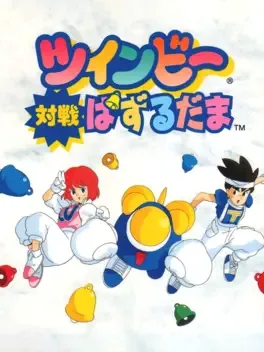
TwinBee Taisen Puzzle-Dama is a competitive action-puzzle game for the PlayStation released only in Japan. It is the third installment in the Taisen Puzzle-Dama series of puzzle video games and features the characters and settings of Konami's long-running TwinBee series of shoot 'em up games.
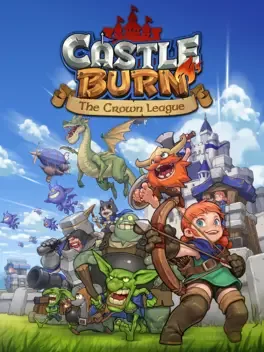
Lead the armies to victory in a fantasy RTS game.
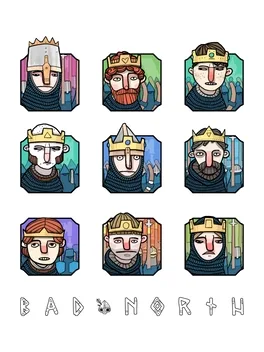
"Bad North is a minimalistic real-time tactics roguelite game that combines a charming aesthetic and simple, accessible controls with a surprisingly deep combat simulation."
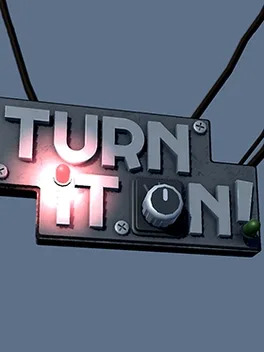
Turn It On! is a collection of black boxes, where your task is to guess the mechanics behind. According to the played setting, you will use buttons, switches, wheels, knobs, handles, cogs, a handful of meters, displays, etc. You will need to recognize the machine's behavior and time your action wisely.
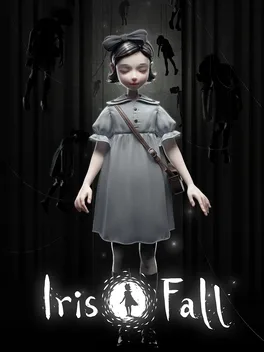
Iris.Fall is a puzzle adventure game featuring striking visuals and a spellbinding theme of "light and shadow".
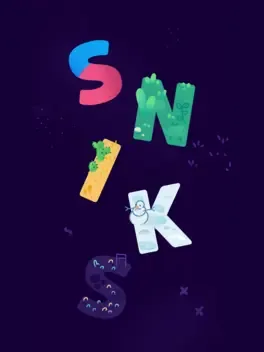
Are they caterpillars? Are they worms? They’re Sniks! Multicoloured little snakes, hungry for fruits. Some of them are into strawberries, others into pears and all the other good stuff. There’s only one problem: They keep getting in one another‘s way while eating. Your task: Untie the Gordian Knot of Sniks and help them eat all the fruits. Sniks is something for your brain, making you puzzle your way through 110 handcrafted levels. Sniks is also a feast for the eyes: Tasty fruits, hand-drawn environments and colorful sniks form a beautiful fruit salad.